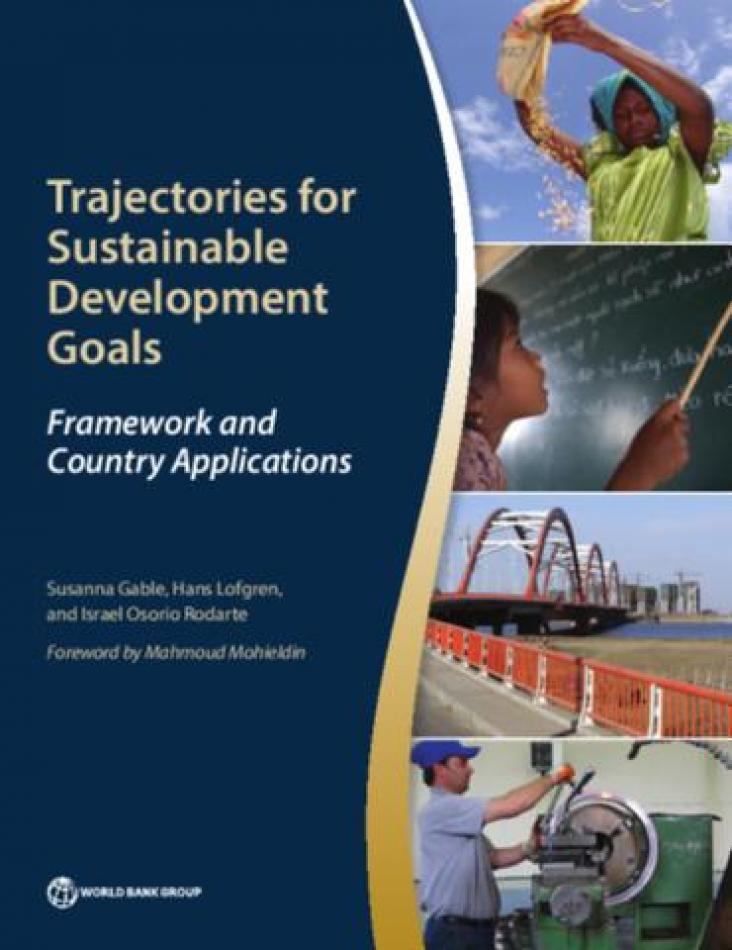
Supporting Goal 11. Tightening environmental regulations in China to combat pollution will intensify supply-side pressures on its petrochemical industry which could drive up commodity prices

Supporting Goal 11. Tightening environmental regulations in China will pause before being replaced by plans for tougher curbs on smog levels during the two years until 2020
Supporting Goal 11. China's import ban on plastic waste will increase demand for virgin resin, causing a rise in utilisation rates for plants.

Supporting Goal 11. China’s campaign to clean-up its environment. spurs record profits in chemicals value chains.

This book presents the country development diagnostics post-2015 framework, developed by the World Bank Group to assess the country-level implications of the post-2015 global agenda, as well as brief, ‘at-a-glance’ applications of the framework to ten countries: Ethiopia, Jamaica, the Kyrgyz Republic, Liberia, Nigeria, Pakistan, Peru, the Philippines, Senegal, and Uganda.
Smart cities use data and technology to drive energy efficiency and are on the increase. The advantages of integrating energy efficient technologies into building planning and urban modelling are understood, but what are the risks? This article considers the threat of cyber crime on smart cities and the technology that these cities rely on, drawing out the links between SDG 7 and SDG 9. On the one hand, smart cities support the need for open data whilst on the other hand increased protection and security of that data will be required to avoid the threat of cyber attacks.
Overtourism' is likely to become a commonplace term over the next few years as the travel industry grapples with sustainable tourism. Addressing the issues faced will help to advance SDG 8.9 to devise and implement policies to promote sustainable tourism that create jobs and promote local culture and products as well as SDG 11.4 to strengthen efforts to protect and safeguard the world’s cultural and natural heritage.
Achieving SDG 11 will require new technologies and innovations to be deployed in the real-estate sector. Already blockchain and artificial intelligence form the foundations of smart buildings, using data on residents' personal preferences to be able to improve efficiency and comfort. This article explores the different technologies and innovations that provide significant untapped potential in the real estate sector.
